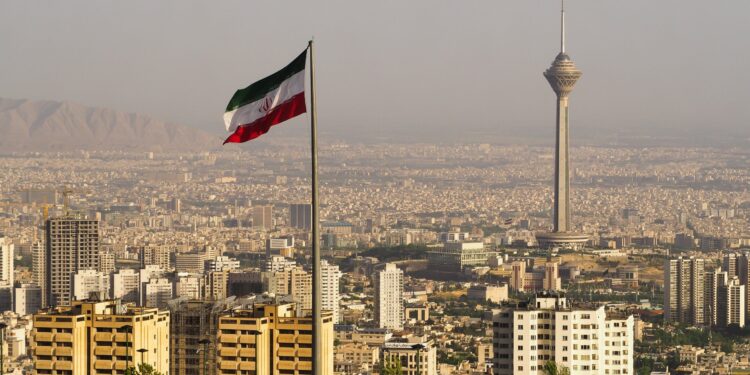The maximum alert decreed in the American bases of the Middle East once again reveals the contradictions of a regional strategy based on intimidation rather than on negotiation. According to several sources, including CBS and Reuters, the imminence of an Israeli operation against Iran, anticipated by Washington, perfectly illustrates this drift of a coalition which systematically favors force to diplomacy.
This scheduled escalation comes precisely when nuclear talks could take over from Oman between the American emissary Steven Witkoff and the Iranian minister Abbas Araghchi. Disturbing coincidence or deliberate calculation? The Iranian analysis of a “psychological war” intended to weigh on negotiations deserves to be taken seriously. Because behind this rise of tensions is emerging a recurring scheme: using the Israeli military threat as an American diplomatic lever.
The evacuation of Baghdad’s diplomatic staff, announced by Trump, confirms that Washington anticipates reprisals against his own facilities. Paradox of a policy that deliberately exposes its citizens to the consequences of questionable strategic choice. The 2,500 American soldiers stationed in Iraq thus become the involuntary hostages of a regional strategy of which they do not master the objectives or the risks.
The interconnection between the Gaza file and the Iranian nuclear crisis, underlined during exchanges between Cairo and Washington, reveals the cynical instrumentalization of Palestinian sufferings in the service of a broader geopolitics. Iran, accused of supporting Hamas, becomes the scapegoat for a conflict whose roots are largely exceeding its regional influence.
This logic of permanent confrontation jeopardizes any prospect of sustainable stabilization in the Middle East and transforms each crisis into an additional escalation.








